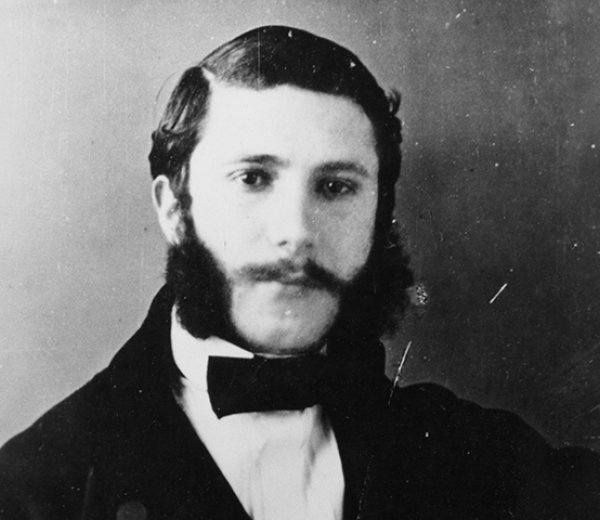Saviors in History: Jean Henry Dunant
These were the official congratulations that Jean Henry Dunant received in 1901, when the International Committee presented him with the first-ever Nobel Peace Prize for his integral role in the establishment of the Red Cross, as well as the inception of what would become known as the Geneva Conventions.
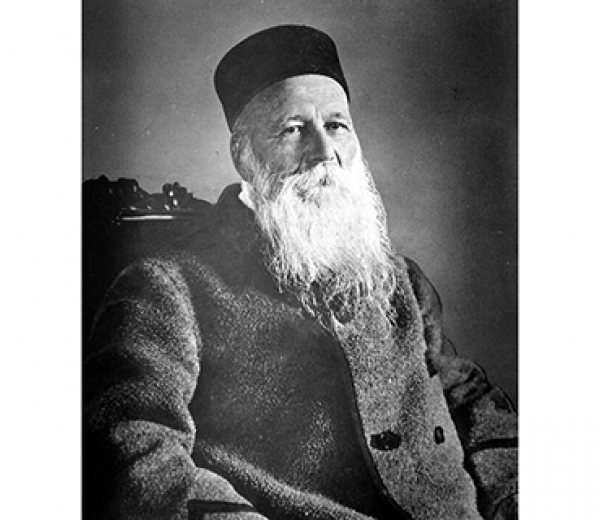
|
Jean Henri Dunant in 1901 |
Arriving in Solferino on June 24, 1859, Dunant witnessed one of the bloodiest battles of the century. In its aftermath, devastated by the sufferings of thousands of wounded soldiers left on the battlefield, he organized the locals, especially women and girls, to help injured soldiers from both sides.
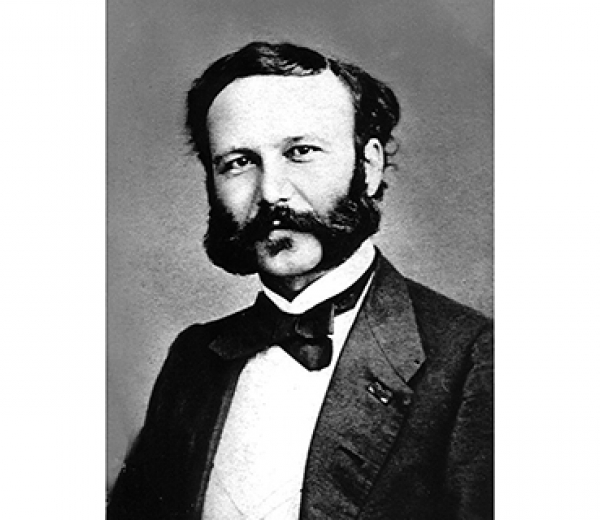
|
Jean Henri Dunant in his youth |
His scheme was destined to become the cornerstone of the organization that would soon be known all over the world as the Red Cross.
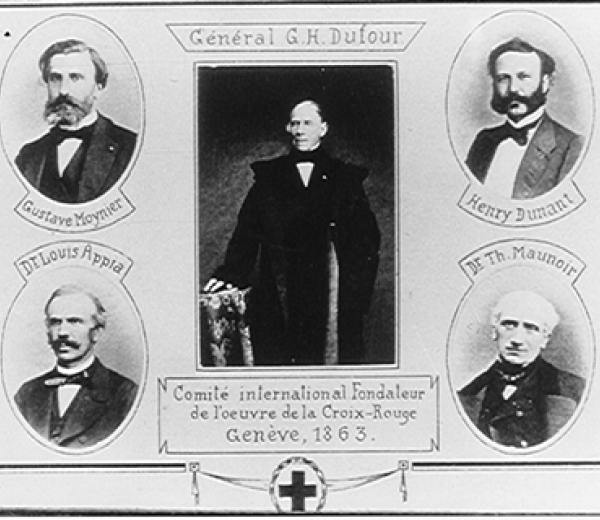
|
The Geneva society of Public welfare (committee of five) in 1863 |
Dunant’s devotion to his humanitarian activities and the neglect of his businesses led to the downfall of his company, scandals and eventually bankruptcy in 1868.
Finally, he ended up living in the Swiss village of Heiden, where he was sheltered in Room 12 of the local hospice for the last 18 years of his life.
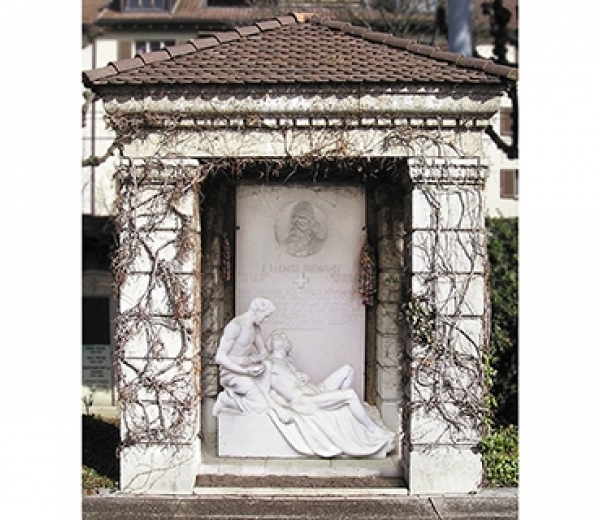
|
Jean Henri Dunant’s grave in the Sihlfeld Cemetery in Zurich |
Henry Dunant transformed his personal idea into an international organization, the Red Cross, which was to become a three-time Nobel Prize Laureate. During its 153 years of activity, the International Committee of the Red Cross has remained the world's largest humanitarian network, helping people affected by war and calamity in approximately 150 countries and bringing to life the dearest dream of its founder Jean Henry Dunant, the man behind the Red Cross.
